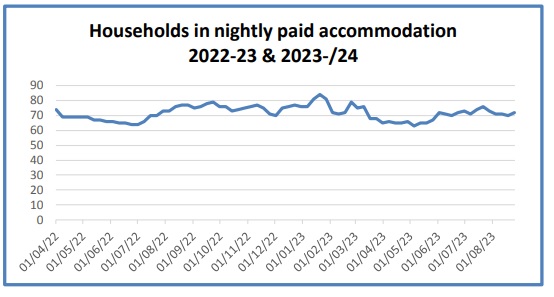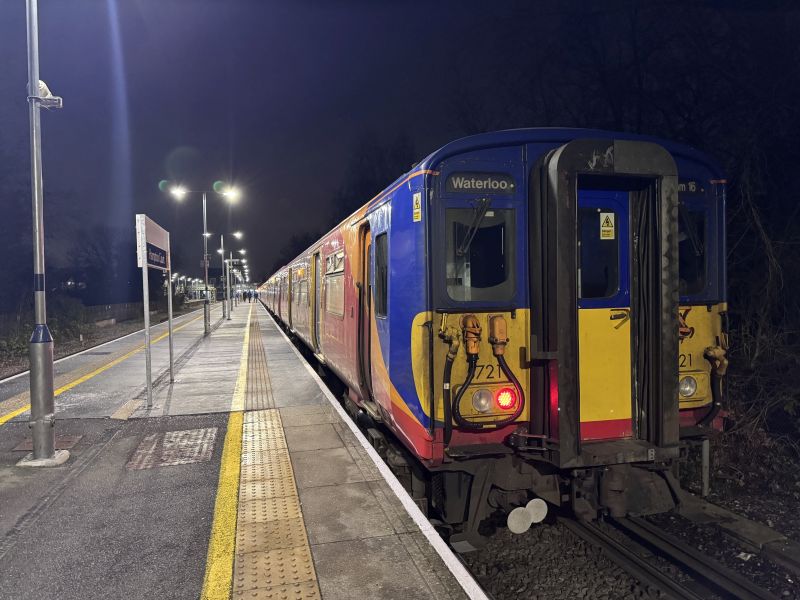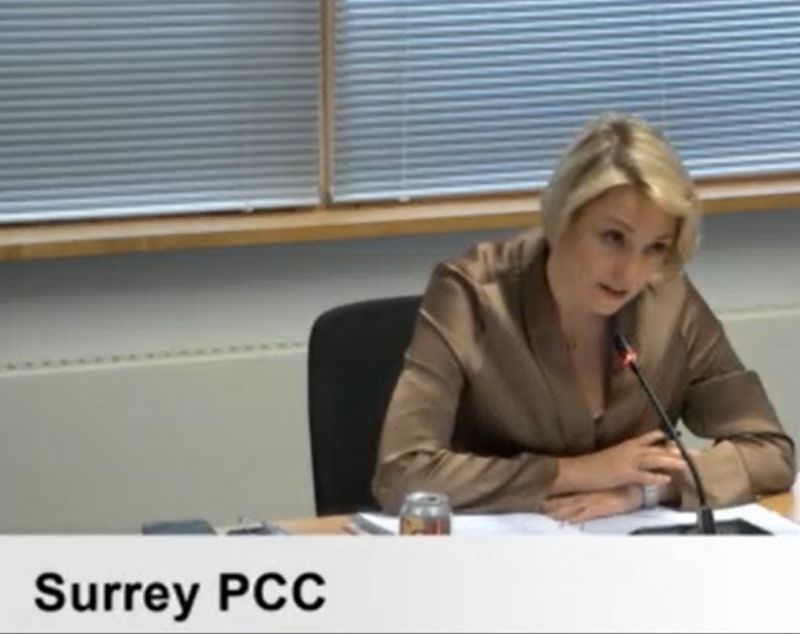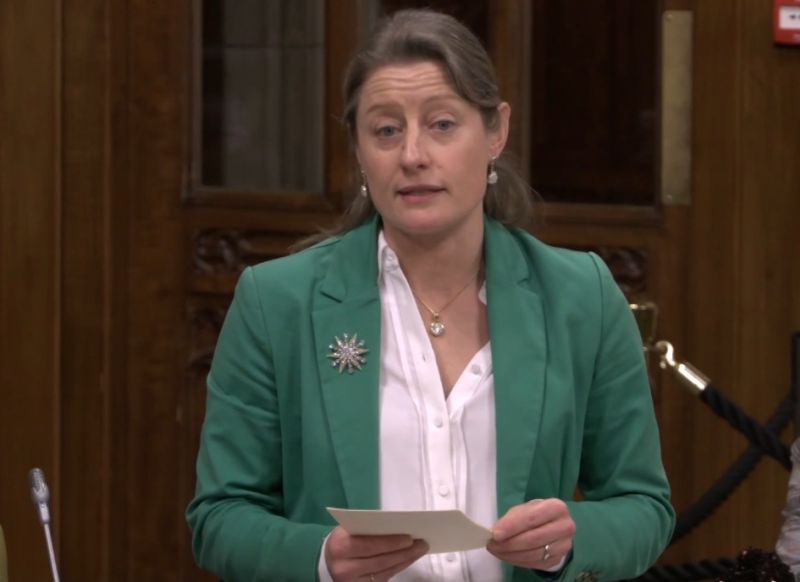Council Grapples with Rising Cost of Homelessness
In an ongoing challenge to manage rising homelessness-related costs, Epsom & Ewell Borough Council (EEBC) finds itself confronted with an impending financial strain exceeding their 2023/24 budget. This report sheds light on the concerted efforts made to mitigate the budgetary overruns and identifies available funding avenues to cover these increased expenditures.
The Community and Wellbeing Committee 10th October accepted the following recommendations:
- Acknowledge the measures taken over the past 6-12 months to address homelessness.
- Approve the utilization of the Homelessness Prevention Grant (HPG) and homelessness grant reserves to meet the projected increase in expenses, thereby ensuring EEBC complies with its obligations under the Housing Act 1996 and Homelessness Reduction Act 2017.
- Note that a comprehensive update will be presented at the Community & Wellbeing Committee in March 2024.
EEBC is bound by statutory duties outlined in the Housing Act 1996 and the Homelessness Reduction Act 2017. Non-compliance could expose the council to legal challenges.

The Committee were advised of escalating expenditure: EEBC’s budget is stretched thin due to mounting expenses for temporary accommodation in fulfilling their homelessness obligations. Costs for 2023/24 are poised to surpass £1.5 million, primarily owing to an increasing number of homelessness cases, a 15% surge in rental rates from accommodation providers, and a shortage of alternative housing options.
Officers have been operating in an increasingly demanding climate, with the cost-of-living crisis amplifying the complexity of issues presented by households in need of assistance.
The cost-of-living crisis, accompanied by rent hikes, has exacerbated housing supply issues, with heightened competition from other local authorities further straining the available housing stock.
The Homelessness Strategy & Action Plan 2022-27 was adopted in November 2022, outlining key objectives and actions. Progress has been made in early intervention and prevention.
Competition and energy cost increases have pushed up the cost of accommodating households in temporary arrangements, despite the team’s adaptive procurement approach.
Officers occasionally resort to using Travelodge as accommodation due to a lack of alternatives, incurring a substantial cost of around £140 per night. The average net cost of nightly paid accommodation for small families has surged by over 18% compared to 2022/23, reaching approximately £23,500 annually.
EEBC introduced a Private Sector Leasing (PSL) scheme to lease properties from private landlords for temporary accommodation, offering significant cost savings compared to expensive options like Travelodge.
The challenges faced by the housing services teams are likely to persist in the coming year, and high numbers of households in temporary accommodation are expected to persist.
Economic uncertainties and factors such as reduced housing development and the closure of bridging accommodation for refugees will continue to exert pressure on housing services.
Monthly reporting to the Committee Chair and Vice Chair will provide ongoing updates on the situation, with a commitment to implement actions as per the Homelessness Strategy.
Promotion of the PSL scheme to landlords will be pursued, and collaboration with housing associations and partners to boost the supply of affordable housing will remain a priority.
In sum, EEBC is grappling with the burden of homelessness-related expenses, which, despite diligent efforts, continue to rise. The council faces the critical task of managing these costs to fulfill its legal obligations while seeking innovative solutions to address housing supply challenges in the community. The situation will be closely monitored, with continued engagement with stakeholders to identify viable solutions.
The recommendations were agreed by the committee.
Image: Evelyn Simak cc-by-sa/2.0




















